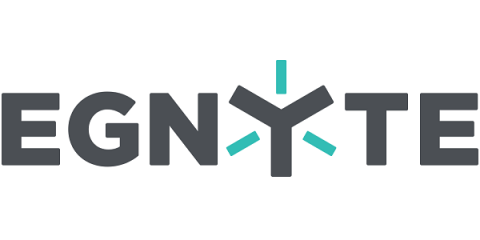Is Your Security Dashboard Ready for the Cloud?
The ability to feed key security information onto a big screen dashboard opens up many new opportunities for managing the day-to-day security and maintenance workload as well as providing a useful method of highlighting new incidents faster than “just another email alert.”









